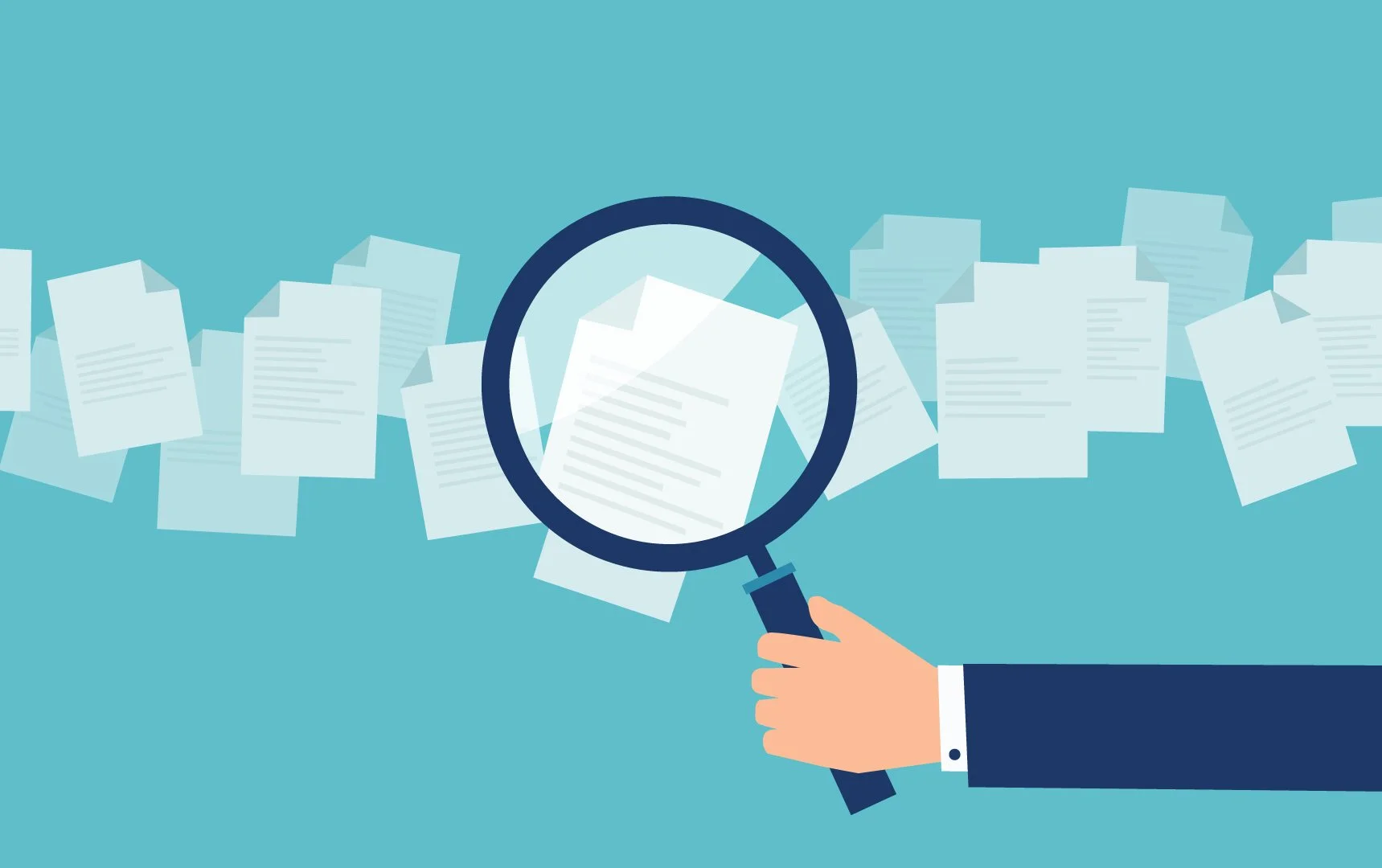5 common estate planning mistakes: Avoid the “nots”
Estate planning is easy to avoid. Unlike making sure your kids get to school, paying your taxes and handling the countless other “adulting” tasks that demand your time and attention, no one is pushing you to do it.
However, an estate plan is essential to ensuring that your loved ones follow your wishes after you pass, or if you become incapacitated and can no longer make your own decisions.
But did you know that just getting a plan isn’t enough? There are also estate planning mistakes that you should be aware of.
Estate planning mistakes to avoid
The biggest mistakes are often one of the “nots”:
Not getting one soon enough: An estate plan is like insurance. Not having it in place when something happens can lead to extra expenses, time and hassle. Some procrastination is for financial reasons, since many people think that only wealthy people can afford an estate plan. But it’s OK to start small, and having something in place is better than having nothing. Learn more about the first step: how to get organized.
Not understanding what you’re getting: Wills and other estate planning documents can be complex, and there are several aspects to consider, such as the potential tax implications for you or your beneficiaries. There are also several misconceptions. For example, did you know that a will still needs to go through probate court? Other options, such as a trust, can help to avoid probate.
Not getting what you need: That said, a trust isn’t a good fit for everyone. Each family has different needs, whether it’s related to protecting financial assets, elder care planning or something else. Do you have a blended family? A special needs child? A beloved pet? Estate plans can be customized to account for every situation and need.
Not following through: Just signing the documents isn’t always enough. When you set up an estate plan, you may also have some “homework.” For example, if you do have a trust, it won’t protect your assets until you move these into it. Depending on the type of asset, this could mean transferring a property title or visiting your bank to make a change on the account.
Not updating your plan over time: Situations can change, and if your estate plan doesn’t change to reflect this, it can create issues. For example, if you establish a plan while your children are minors, but now they’re adults. Or you’ve gone through a divorce, but your ex-spouse is still listed as a beneficiary. And if your financial situation has changed since you set up your estate plan and you now have new assets, these should also be taken into consideration.
It’s about peace of mind
By avoiding the “nots,” you can rest easy, knowing that you’ve taken all the steps, crossed all the T’s and dotted all the I’s – helping to ensure that everything you’ve worked to build in your life is protected and your wishes are known. Then, you can get back to all that adulting.
Call (810) 207-6670 or complete our online form to request a free phone consultation.
Buzz Suuppi
Buzz started The Plan Firm for his family, which is everything to him. Every member of his team is committed to providing effective estate planning and related solutions for families in St. Clair County, Michigan.


